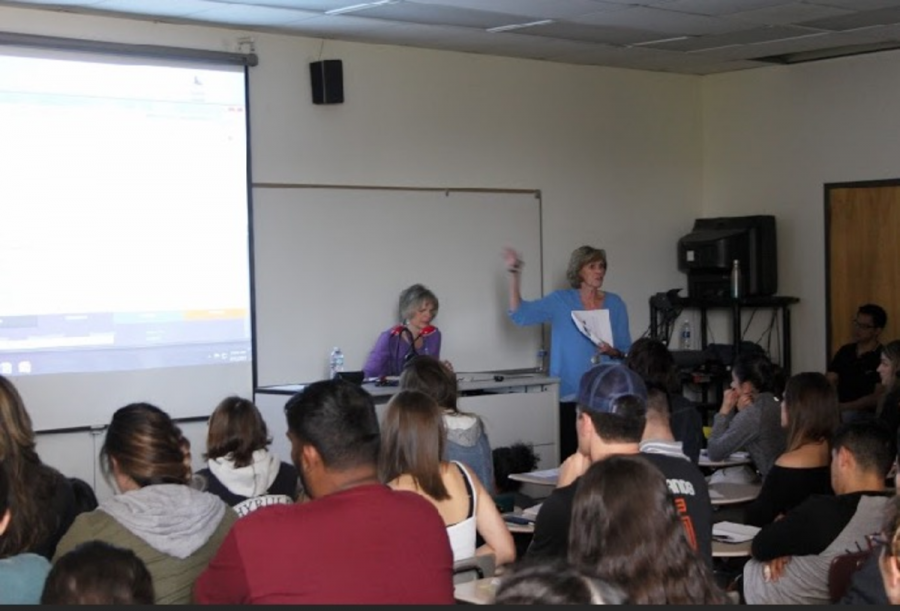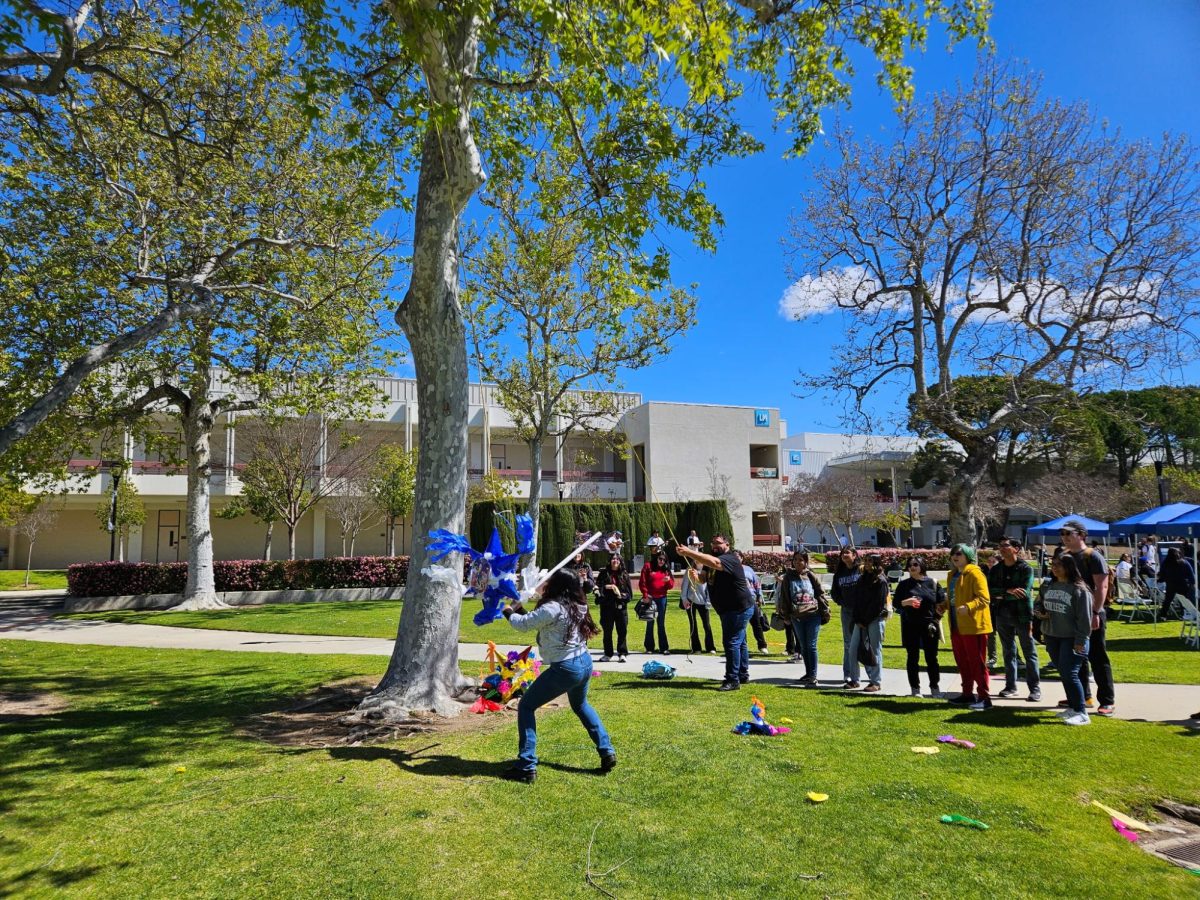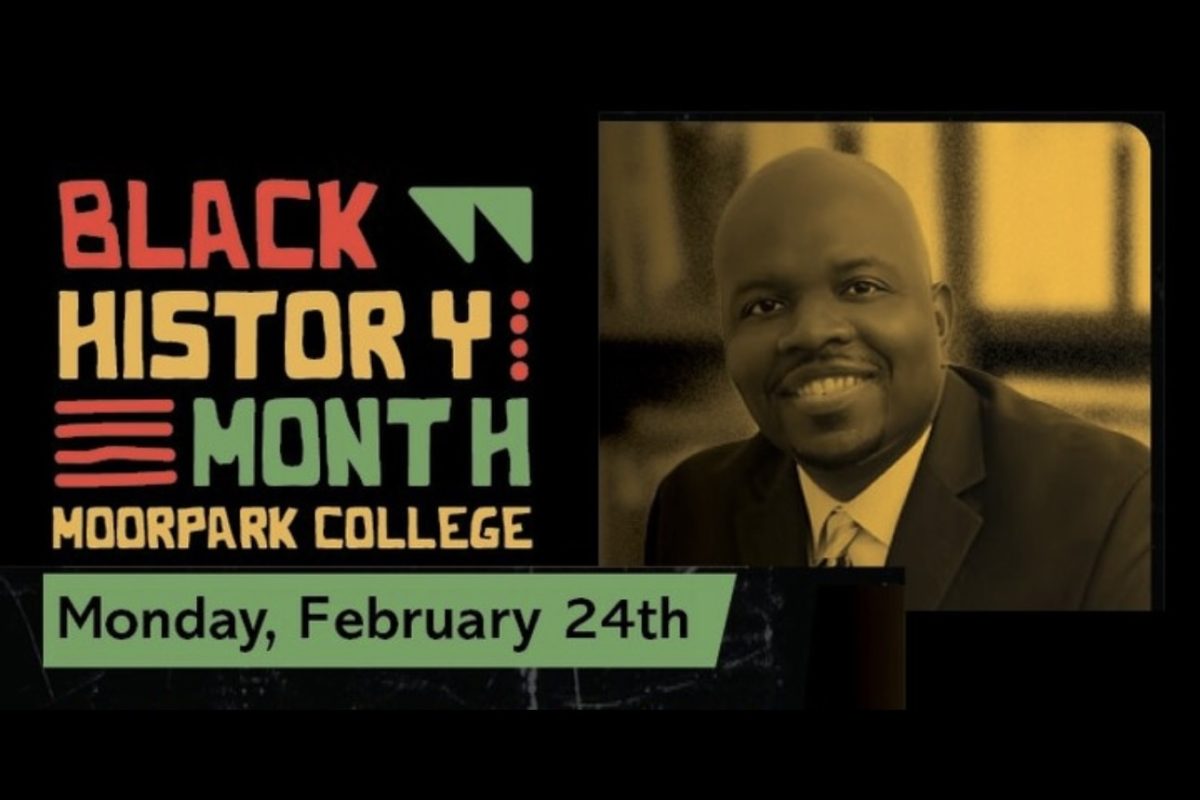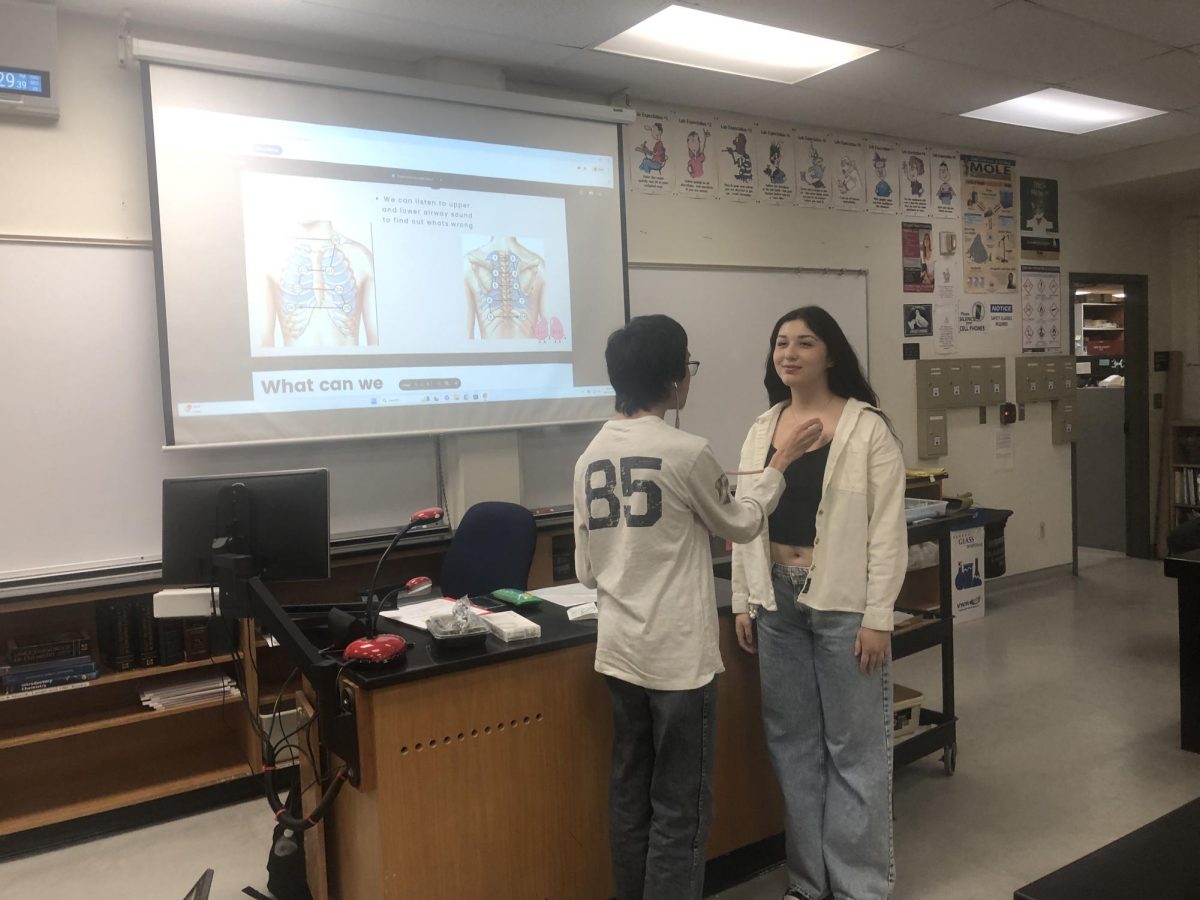On Multicultural Day, students piled into Room 121 of the Humanities and Social Science building at Moorpark College to attend the event, “Then and Now: Fifty Years after the Sexual Revolution”, held by Allison Barton, Student Health Educator at Moorpark College.
“Pop culture defines the sexual revolution in which attitudes towards sexual behavior undergo a substantial change in sexual behavior,” said Barton.
America made extreme advances in the medical field that allowed the sexual revolution to take place and create opportunities for the public to have sex with less consequence than in years past.
According to Barton, the changing fashion along with war, media, and science ignited the sexual revolution.
In the 1920s, flappers were pushed into existence and they were known as women who wore short skirts and heels, cut their hair to shoulder length, and put on makeup in large amounts.
During this time, women started to gain momentum and earn more rights as the 19th Amendment gave them the right to vote in America.
“World War II really started to turn the tide for the sexual revolution,” said Barton. “When men left for the war, women replaced them at their jobs.”
From 1949-1966, the generation known as the “Baby Boomers” produced 76 million babies because Americans postponed their marriages and childbirths until after World War II.
The sexual revolution came to an abrupt end when America found out how sex can bring on many consequences including sexually transmitted diseases (STD) and acquired immune deficiency syndrome (AIDS).
After the first half of the presentation was over, Sharon Manakas, Student Health Coordinator, filled Barton’s shoes. Manakas went over the risks that came with sexual behavior and how to prevent sexual assault from occurring.
“If you are going to have sex with someone they must be able to give consent and if they change their mind, you must respect their decision,” said Manakas.
At Moorpark College, there is an initiative called “Safe Zones”, and it gives students of the LGBTQ population places where they can feel safe and be themselves in an understanding environment.
“Currently, there are four non-gender bathrooms located on campus,” said Manakas.
The Student Health Center at Moorpark College, which is located in the Administration building, Room 111, provides counseling to those in need and it is 100 percent confidential. It is open Monday and Thursday from 8-5 p.m., Tuesday and Wednesday from 9-6 p.m., and Friday from 8-noon.







